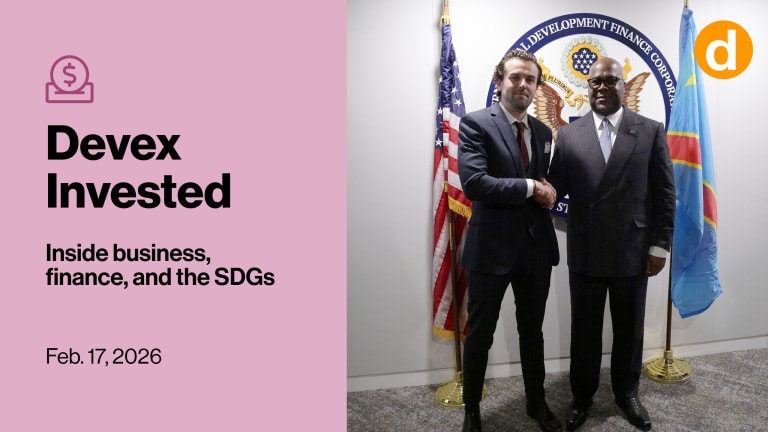Approximately 4 million Syrians are currently displaced in countries neighboring the war-torn nation, mostly in Jordan, Turkey, Lebanon and Iraq. These countries have long histories of hosting and resettling those displaced by war in the region — the population of Jordanian capital Amman more than doubled, for example, as a result of the Israeli-Palestinian conflict.
These states also know first hand from previous refugee flows that, more often than not, displacement is long term. The United Nations estimates that the average displacement lasts 17 years and, with that in mind, host countries are seeking longer-term assistance from donors. Meanwhile, governments and multilateral investment banks are adjusting investment strategies to shifting priorities, as well as opportunities.
The International Finance Corp. — the private sector arm of the World Bank — seeks to improve investment climates through economic growth through infrastructure investment, entrepreneurship support and greater access to finance tools, as well as through advisory work with host governments. Devex sat down with Mouayed Makhlouf, IFC’s head of the Middle East and North Africa region, to discuss investment trends in light of the refugee crisis.








